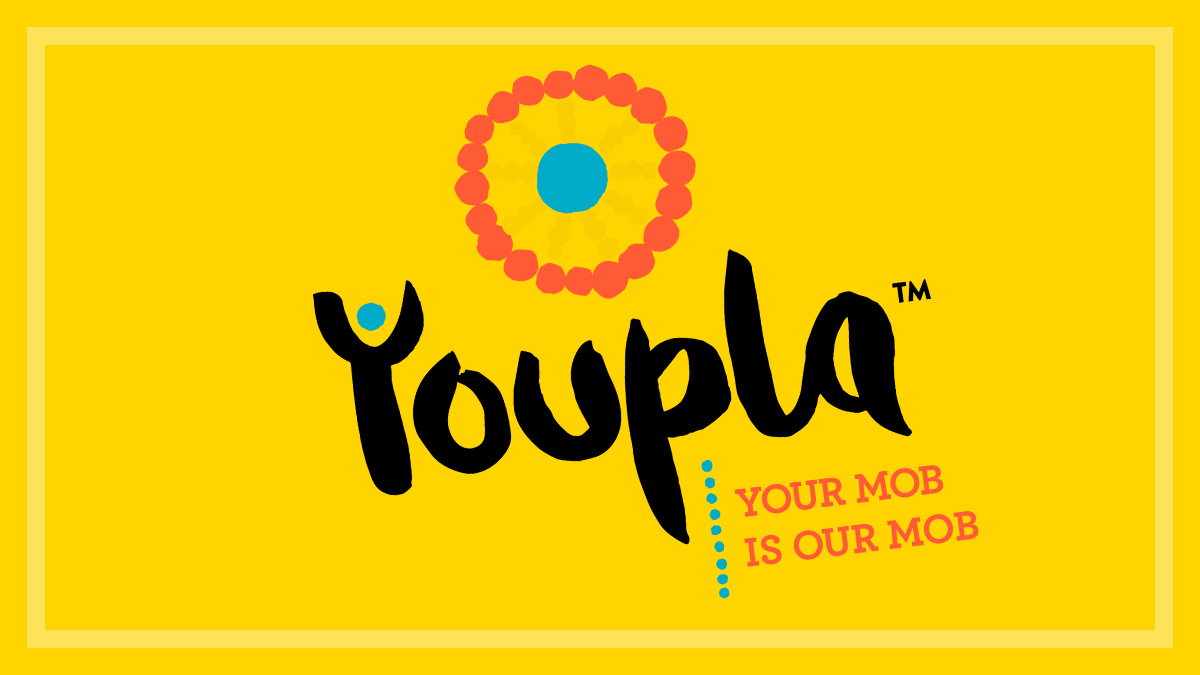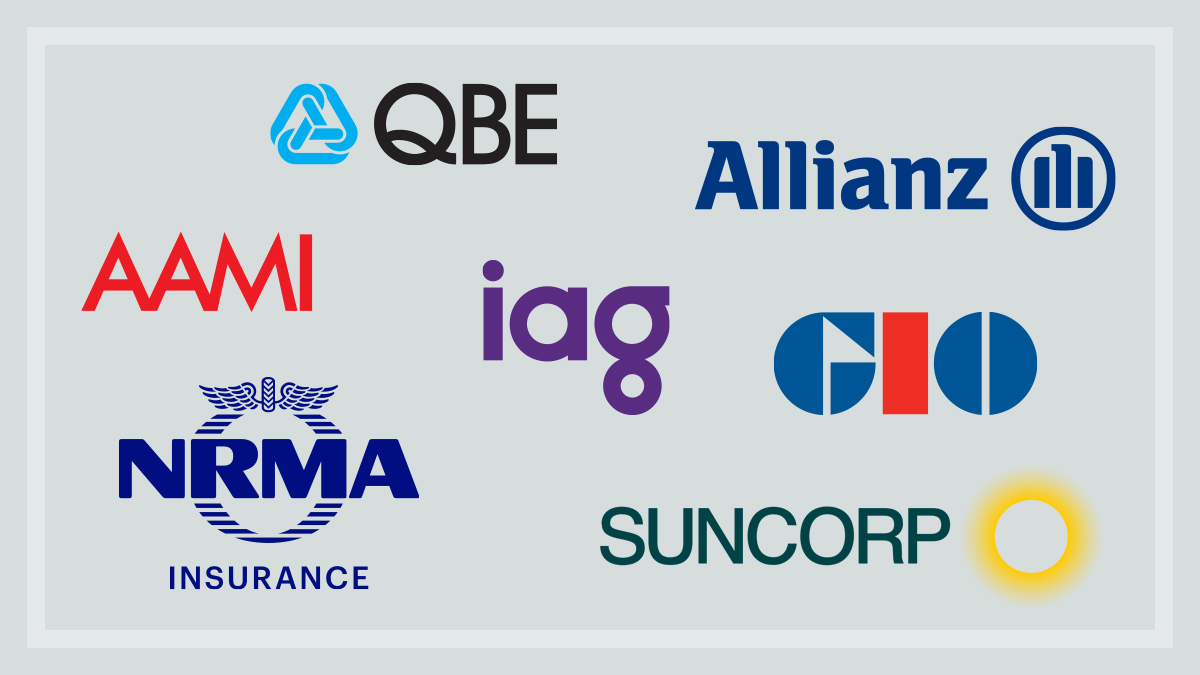Get our independent lab tests, expert reviews and honest advice.
Financial complaints body finds 28 times against funeral fund

Need to know
- The Aboriginal Community Benefit Fund (ACBF) has been taken to AFCA 28 times recently over misleading and deceptive conduct
- The company has since rebranded, but has been barred from selling new products
- If the company becomes insolvent, victims won't be covered under the government's proposed compensation scheme of last resort
Gumbaynggir woman Karen Walker lives on a quiet row of houses belonging to the local Aboriginal land council in Nambucca Heads, New South Wales. She says it is nicknamed “The Mish ” because of the old mission there.
When the door-to-door salesman from the Aboriginal Community Benefit Fund (ACBF) came in 2006 they went up and down to every house on the street.
“They were looking for people to sign up for this Aboriginal funeral fund. The way he spoke, there was no indication it wasn’t an Aboriginal company. Even the symbol on the card that I’ve still got symbolised an Aboriginal Thursday Island style design, it was a Morobai tree,” Karen tells CHOICE.
“I ended up agreeing after yarning and going through the thing with him.”
I joined to support our people thinking it was an Aboriginal organisation
Gumbaynggir woman, Karen Walker
Karen signed herself and her five children up for a funeral plan with ACBF. She says it was only a decade later that she found out they weren’t in fact an Indigenous owned business and had no relation to any Aboriginal company or organisation.
“I joined because I pretty well love my people, I joined to support our people thinking it was an Aboriginal organisation,” she says.
“I was a bit let down by that, all those years I’d been paying I thought I was paying to an Aboriginal fund, I felt like I’d been cheated, I’d been deceived.”
AFCA Findings
Karen ended up getting in touch with a lawyer at the Financial Rights Legal Centre who took her case to the Australian Financial Complaints Authority (AFCA). In April, AFCA found in her favour and ordered ACBF to refund her over $8000 in premiums.
Her AFCA case is just one of many in which ACBF have had determinations against them for misleading and deceptive conduct in portraying themselves as an Indigenous organisation when in fact they are not.
In the last 12 months ACBF has been taken to AFCA 28 times. CHOICE understands legal groups have many more cases against the company which are still outstanding.
The problems at ACBF run deep and have been the focus of Indigenous legal advocate organisations for over a decade. Many of these complaints about ACBF were aired during the financial services royal commission from 2017– 19.
For a lot of Aboriginal and Torres Strait Islander people funerals are a ceremony, and to have a ceremony obviously costs money. They were using that cultural aspect to sell their product
Lynne Edwards, Financial Counselling Australia
Lynda Edwards from Financial Counselling Australia says the company sought to exploit cultural obligations to sell their products to Indigenous people.
“We know that for a lot of Aboriginal and Torres Strait Islander people funerals are a ceremony, and to have a ceremony obviously costs money. They were using that cultural aspect to sell their product,” she tells CHOICE.
“The way they marketed their goods and the way they presented it to community is really bad behaviour.”
ACBF has since rebranded itself as Youpla and is now part-Aboriginal owned and remains part-owned by the non-Indigenous man Bryn Jones who was slammed in the royal commission. Jones stood down as director in January 2021 but still owns shares in the company.
They have also brought in high-profile NFL player Jamal Idris to rebrand their image.
Solvency risk
Youpla has been denied a license to sell financial products and barred from taking on new customers, leading many to be concerned that it is at risk of going under and won’t be able to repay its former clients the money they are owed from AFCA findings or funeral payouts.
The company’s public-facing communications appear dormant. Youpla’s official website says it is under maintenance and the last post on their Facebook page is from March 2020.
They did not respond to requests for a comment.
CHOICE, the Victorian Aboriginal Legal Service and the Indigenous Consumers Assistance Network are among the organisations that have raised concerns that the federal government’s recently proposed compensation scheme of last resort doesn’t cover victims of funeral plans and would exclude Indigenous people wronged by ACBF from payouts if the company becomes insolvent.
Some people have paid their life savings into these funds and it is terrible to think they might get nothing back even if there is an AFCA finding
Samantha Rudolph, Aboriginal policy officer, Consumer Action Law Centre
Samantha Rudolph, Aboriginal policy officer at Consumer Action Law Centre, says the concern was around ensuring all bases are covered in the event of insolvency.
“Some people have paid their life savings into these funds and it is terrible to think they might get nothing back even if there is an AFCA finding,” she says.
“We want to make sure they see some of that money, we want people to trust the system at the same time as well, to be protected if something happens.”
She added that it was a matter of trust for the community to know they wouldn’t be let down by the financial system if something went wrong.
“Trust is very important to the community. It’s about having the government back that trust. In a way it’s another step towards reconciliation, about realising that this product has had a negative effect on some people in the community and ensuring people get redress,” she says.





